
The institution is calling for the creation of an "EU DOGE."Continue reading
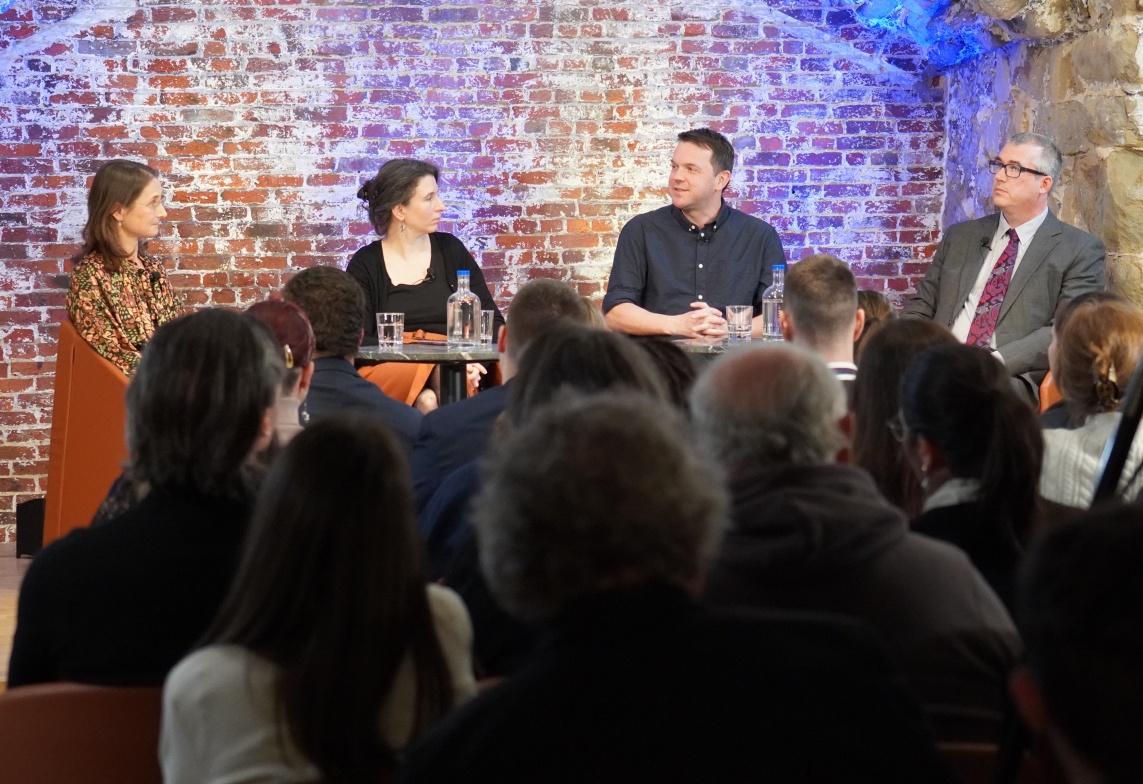
In a time where books are left unfinished and classical texts are buried under buzzwords like “literacy skills,” MCC Brussels, in collaboration with the Liszt Institute, hosted a conference titled ‘Re-discovering the power of reading’ on Tuesday in Brussels. The event gathered leading international voices from the fields of literature, history, and education to confront an unsettling truth: reading — true, immersive, life-changing reading — is under threat.
In her introduction, Katalin Deme, Senior Researcher at MCC Brussels, spoke about the fact that reading has always been a controversial issue. In history, there were always attempts to control and regulate people’s reading habits. Throughout history, censorship has tried to impose common norms on society to achieve social control. Today’s censorship though follows a reverse logic: cancel culture wants to abolish common norms and polarize societies in the name of diversity. Classic literature is purged of social and racial stereotypes. National languages are stripped of their richness and mainstreamed according to political criteria, said Dr. Deme.
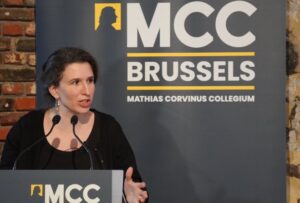
Hélène de Lauzun. Photo: MCC Brussels
Historian, teacher, and journalist, Dr. Hélène de Lauzun, pointed out that today we are surrounded by two evils: cheap cultural materials, and a general climate of moral corruption. In her view, today’s so called elites do not read any longer, and that is how they have lost their role in shaping the cultural sphere. She stressed that classical literature is essential to moral formation. Simplified or “safe” content infantilizes readers and dulls cultural imagination. She called on parents and educators to model serious reading habits: “If you read, your children will too.”
Live stream here from 18:30. https://t.co/32uwHsyQRd
— MCC Brussels (@MCC_Brussels) March 26, 2025
Dr. Tim Black, a columnist and editor, described how literature has lost authority in modern culture. Today, books are often viewed as outdated or problematic. He warned against cancel culture and the academic tendency to deconstruct rather than celebrate literature: “We are raising generations who do not believe that books matter.” Once canonized important texts are not only being deconstructed by today’s culture for allegedly being colonial or racist, but they are partially demonized as well. They are treated as the worst that has ever been said in the world. Books are attacked precisely because they challenge the stock notion and habits, pointed out Dr. Black.
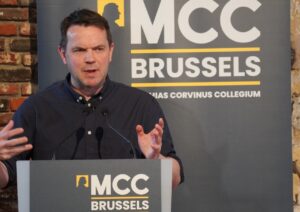
Dr. Tim Black. Photo: MCC Brussels
Dr. Till Kinzel, humanities scholar, member of the board of the Foundation for the Promotion of Conservative Education and Research in Berlin, focused on the power of reading aloud. Beyond communication, language is a means of social bonding and tradition. He argued that listening builds attention, imagination, and vocabulary — something no screen can replicate. Children learn essential extra words through reading that do not occur during everyday conversation. Some expressions can only be acquired through reading, emphasized Dr. Kinzell.
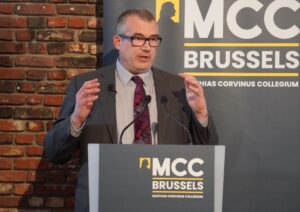
Dr. Till Kinzel. Photo: MCC Brussels
Across the panel, one message stood out: reading is more than decoding, it is culture, contemplation, identity and resistance. If we want future generations to think deeply and feel freely, we must give reading its power back. The short presentations were followed by questions from the audience. The entire conference can be viewed in the video included above.
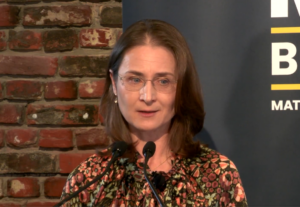
Dr. Katalin Deme. Screenshot: X MCC Brussels
Featured Image: MCC Brussels